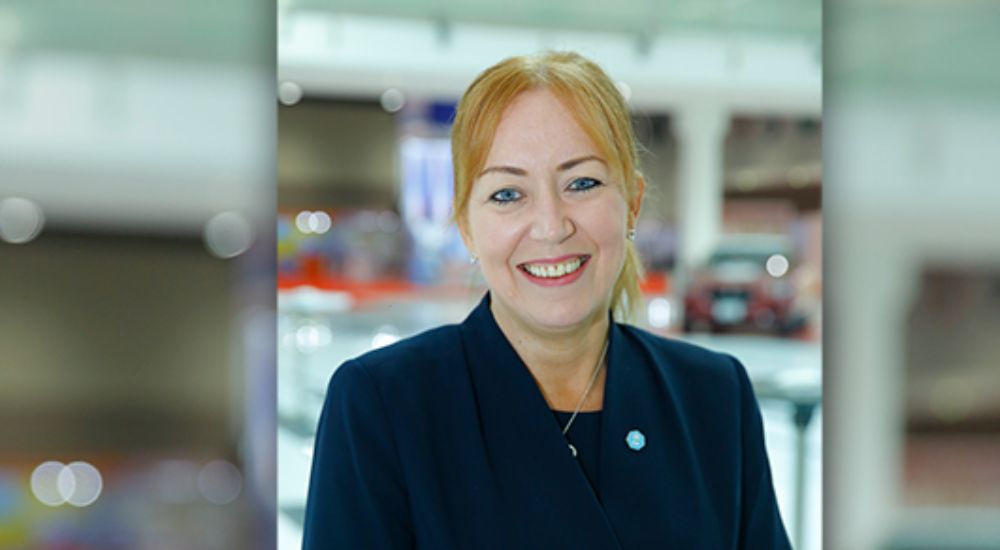FIP Asks Nigeria To Enact Stronger Laws As Substandard Medical Products Lead To 500,000 Deaths Annually In Africa
The global pharmaceutical body, the International Pharmaceutical Federation ((FIP), has urged the Nigerian government to enact stronger laws to prevent substandard and counterfeit medical products from reaching the public.
Unlike in saner climes where drugs are not illegally hawked on commercial buses and street, the reverse is the case in Nigeria. The president of the Pharmaceutical Society of Nigeria (PSN), Professor Cyril Odianose Usifoh, posits that this creates room for those who sell fake and adulterated drugs to penetrate the value chain.
Advertisement
Hawkers, many of whom are illiterates and semi-illiterates, illegally sell drugs to unsuspecting members of the public on the basis of quantity and purchasing power of the buyer rather than the dosage required. This, experts say, constitutes danger to the nation’s population health.
The Chief Executive Officer (CEO) of FIP, Dr Catherine Duggan, who expressed concerns about this practice, said while drugs (medicines) can “treat or alleviate symptoms of an illness”, they can be harmful when not properly used.
In Africa, about 1 in every 10 medical products are said to be substandard or counterfeit, leading to nearly half a million deaths yearly in Sub-Saharan Africa alone. This is according to the United Nations Office on Drugs and Crime (UNODC) in its threat assessment report.
Dr. Duggan told THE WHISTLER that uncontrolled use of antibiotics, for instance, contributes to the development of antimicrobial resistance (AMR). This, she said, makes treatment of infections harder, adding that this increases the risk of disease spread.
Advertisement
Citing the World Health Organization (WHO), Duggan said bacterial AMR was directly responsible for the death of 1.27 million people globally in 2019, and contributed to 4.95 million deaths.
“Through our policy statements and other resources, FIP has made clear that ministries of health, governmental regulatory agencies, pharmacists and pharmacy teams must play a major role in detecting and preventing substandard and falsified medical products reaching the public as well as in ensuring the appropriate use of antibiotics through antimicrobial stewardship. We believe that developing stronger laws and ensuring compliance to existing legislation is needed so that medicines are only available from reliable and qualified sources: pharmacies with a pharmacist present,” the FIP’s CEO told THE WHISTLER.
“FIP, as the global leader of the pharmacy profession, is seriously concerned about the risks posed by medicines supplied from unregulated sources. Medicines are a special type of product in that although they can treat or alleviate symptoms of an illness, they also have the potential to do harm if used incorrectly. Thus, supply requires advice from pharmacists, as medicines experts, to be available to ensure patient safety. This is not the case when medicines are sold outside of pharmacies.
The medicines supply chain through pharmacies is strongly regulated, protecting people from falsified and substandard medicines. It has been estimated, for example, that in Africa alone, approximately 1 in 10 medical products are substandard or falsified, leading to nearly 500,000 deaths annually in Sub-Saharan Africa alone. The unregulated use of antibiotics in particular also contributes to the development of antimicrobial resistance (AMR), making infections harder to treat and increasing the risk of disease spread, severe illness and death. According to the World Health Organization, bacterial AMR was directly responsible for 1.27 million global deaths in 2019 and contributed to 4.95 million deaths.”
Duggan noted that counterfeit drugs and AMR are major global health challenges “that FIP is working on in collaboration with partners. For many years, pharmacists have consistently been named among the top five most trusted professionals in national surveys. Pharmacists also uphold a duty of care to the public, with well-being as their primary concern. As members of a registered profession, pharmacists often belong to professional associations, such as the Association of Community Pharmacists of Nigeria and the Pharmaceutical Society of Nigeria, which work to support them in good practice and to promote the highest professional and ethical standards in the profession.”
Advertisement
She called for intensive public enlightenment campaigns to discourage people from patronizing hawkers.
“It is important for the public to understand the grave risks to health posed by obtaining medicines from unauthorised sources, and campaigns to raise awareness are a way of helping people to think twice before buying a medicine from hawkers,” Duggan added.
Despite the National Agency for Food and Drug Administration and Control (NAFDAC) warnings against drug hawking, the practice persist. Hawkers have now found safe haven on commercial buses for the illegal trade in Lagos State. These drugs are suspiciously cheaper than the usual drugs you buy from regular stores and pharmacies. A recent investigation by THE WHISTLER shows that these itinerant sellers do not have health-related background and usually do not give their names or address of their office. So, in the event that one reacts negatively to any of these drugs, it is almost impossible to trace the seller.
Mr. Friday Ocharifu, a pharmacist, believes that the dangerous practice thrives in Nigeria because of the failure of the government to shut open drug markets. Ocharifu called on the government to criminalize and enforce ban on drug hawking.
He said: “The practice booms in Nigeria because of the failure of the government to close down open drug markets, closing open drug market prevents drugs from finding their way into the wrong hands (quacks).
“Government should criminalize and enforce a ban on drug hawking where severe punishment awaits defaulters.”



